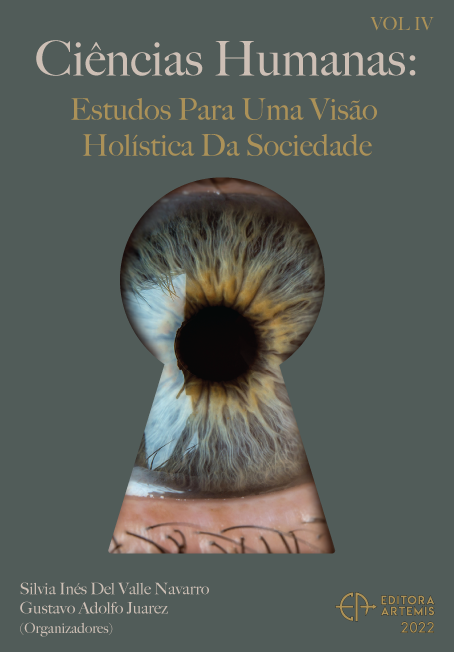
LA PRESENCIA DE LOS EVANGÉLICOS EN LA ARENA POLÍTICA URUGUAYA
El objetivo de este artículo es analizar la presencia de representantes evangélicos en la arena política uruguaya. En la actual legislatura (2015-2020) hay al menos dieciséis figuras políticas entre diputados, ediles y funcionarios del gobierno que se han declarado públicamente como evangélicos. Mantienen reuniones de trabajo y reciben cada tanto la bendición de sus correligionarios, comprometiéndose a "hacer primar la ley de Dios". Es un fenómeno que si bien en la región ya está presente hace largo tiempo, llega a nuestro país en forma rezagada para instalarse definitivamente. En este sentido nos preguntamos: ¿cuál es las cosmovisión religiosa que inspira el accionar de estos representantes políticos en el parlamento uruguayo, así como en otros ámbitos de la política uruguaya? La metodología elegida para responder a esta pregunta es de corte cualitativo a partir del análisis del discurso de las figuras políticas evangélicas en el Parlamento y en otros ámbitos de la política uruguaya.
LA PRESENCIA DE LOS EVANGÉLICOS EN LA ARENA POLÍTICA URUGUAYA
-
DOI: 10.37572/EdArt_26052257620
-
Palavras-chave: religião, política, evangélicos, agenda de direitos
-
Keywords: religión, política, evangélicos, agenda de derechos
-
Abstract:
The objective of this article is to analyze the presence of evangelical representatives in the Uruguayan political arena. In the current legislature (2015-2020) there are at least sixteen political figures among deputies, mayors and government officials who have publicly declared themselves evangelical. They hold work meetings and receive from time to time the blessing of their co-religionists, committing themselves to "make the law of God prevail." It is a phenomenon that although it has been present in the region for a long time, it arrives in our country late to settle definitively. In this sense, we ask ourselves: what is the religious worldview that inspires the actions of these political representatives in the Uruguayan parliament, as well as in other areas of Uruguayan politics? The methodology chosen to answer this question is qualitative based on the analysis of the discourse of evangelical political figures in Parliament and in other areas of Uruguayan politics.
-
Número de páginas: 26
- Victoria Sotelo

